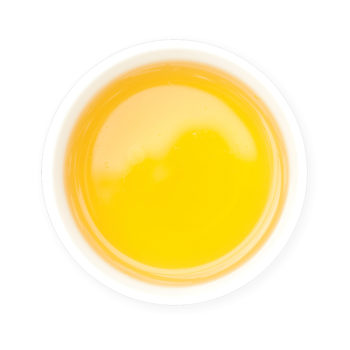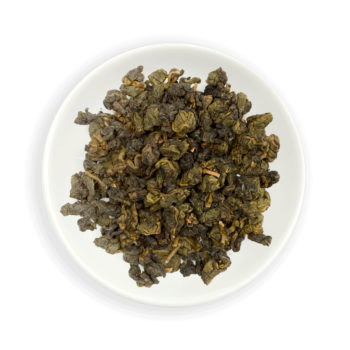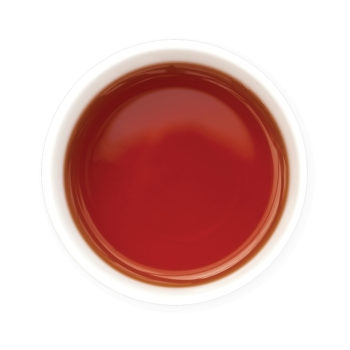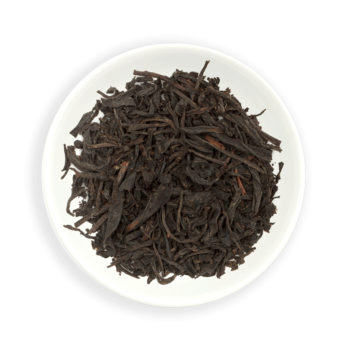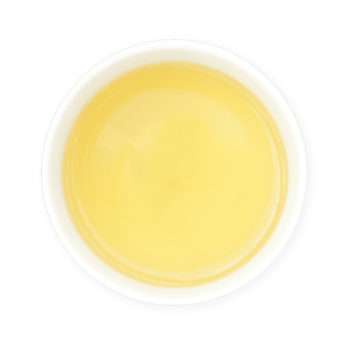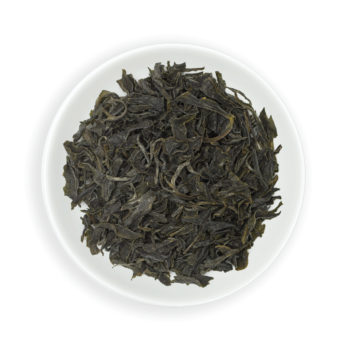The world’s most popular beverage is produced in 58 countries across five continents, with 75% produced in China, India, and Sri Lanka alone. But not all teas are made equal: worker exploitation, the heavy use of harmful pesticides and herbicides, and the ever-increasing threat of climate change threaten the future of the global tea industry.
With consumers becoming more conscious of the growing process of their tea, ensuring sustainable production is essential for the future of the tea industry. But producing almost six million tonnes of tea every year is no easy feat.
Of the issues facing the world’s tea producers, the changing global climate is undeniably the biggest hurdle they face. Increasing temperatures have the potential to dry soil, rendering it unusable for the already-sensitive camellia trees, and unpredictable weather can ruin entire harvests in days.
Frequent poor yields in tea-growing nations like Kenya and Sri Lanka have already driven the international price of tea upwards. It is forecast to rise by up to 26% in the next five years if conditions don’t change.
Many tea plantations have turned to the heavy use of pesticides to give the plants a fighting chance. But with consumer awareness for pesticide use on the rise and a global movement to limit the use of pesticides in food products, this is becoming less of an option. The health impacts of pesticides on plantation workers is also a cause for growing concern, and some plantations are giving up pesticides completely.
Many of these plantation workers also face challenges like notoriously low wages, long working hours and difficult access to housing, healthcare, water, and education.
So, organic farming is important for sustainability and the long-term health of the land on which tea is grown. But with no organic regulation in New Zealand, any ‘spray-free’ product can claim to be organic, which poses another question: how do we verify which teas are truly organically produced?
At Zealong our mission is to prove producing tea that is truly ‘green’ isn’t so complicated.
More and more, people are looking towards regenerative agriculture and zero waste from the food on their plate, and they’re seeking that same accountability in their cup.
Organic certification is key, as a third-party certifies that the producer meets strict regulations, which benefit us, our environment, and future generations. It only takes a moment to check for an organic certification logo on the back of a box of tea – if there is none, it may not be truly organic.
Fair trade schemes have good intentions but purchasing your tea direct from the farm or plantation is the best way to ensure tea growers, pickers, and processors are paid fairly. In particular, if you buy New Zealand-grown tea, you can be sure all the workers are subject to New Zealand employment law, plus you are supporting local business—win-win!
As a country built on sustainability, we believe New Zealanders should focus on established brands’ product origins and question where their teas actually come from—in fact, where all their food comes from.
With a global increase in tea consumption, and thousands of years of history already behind the humble brew, the pressure is on to keep tea tradition not just alive and well, but sustainable for generations to come.
